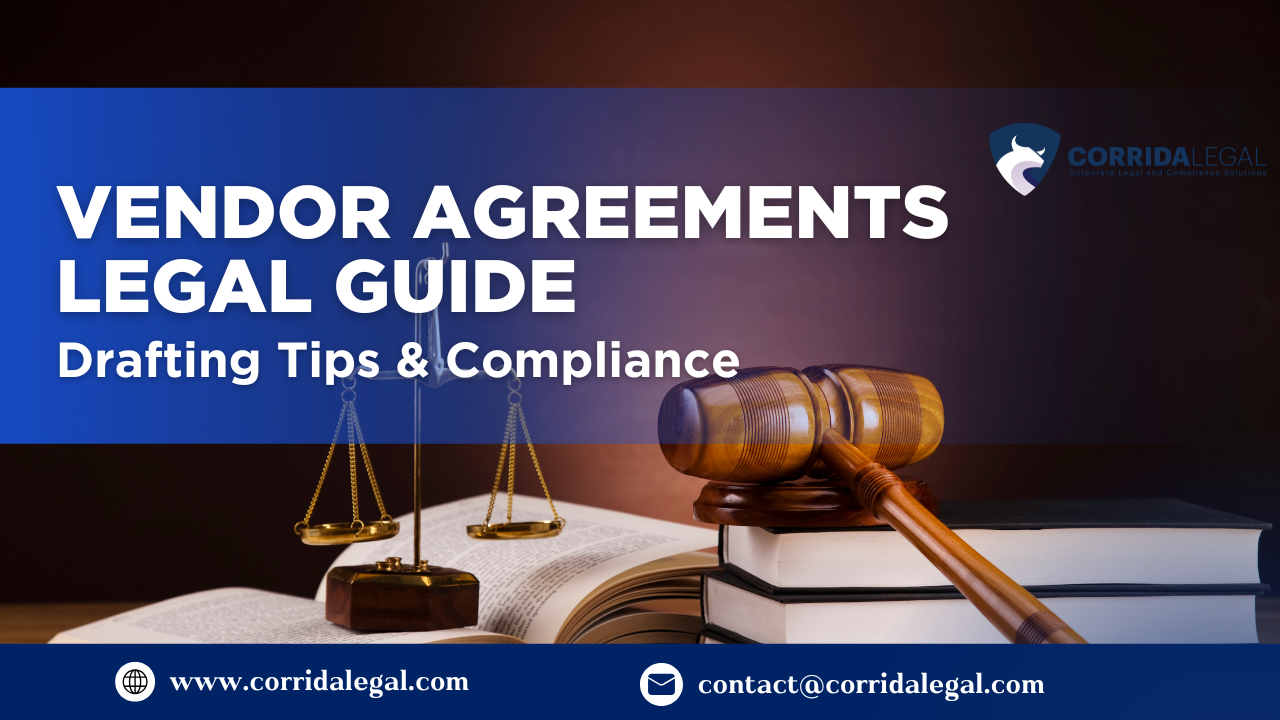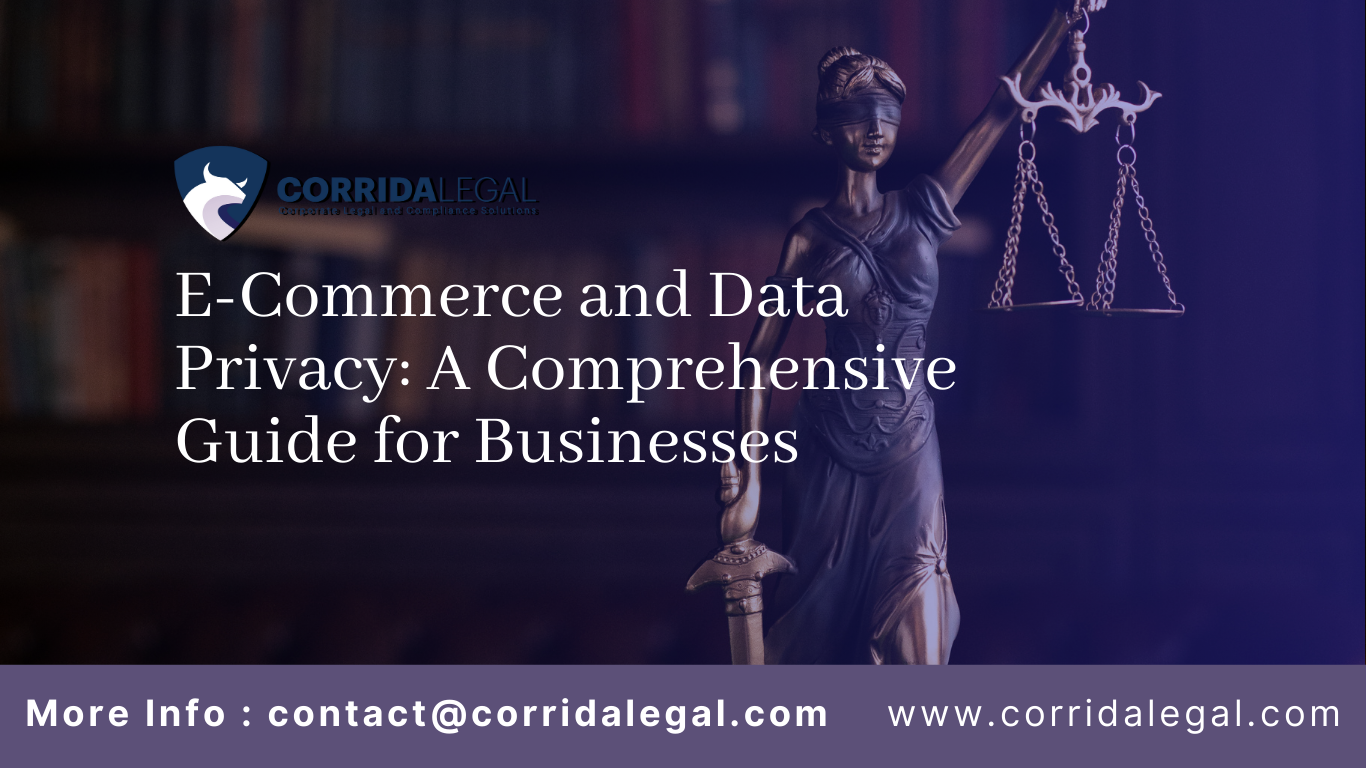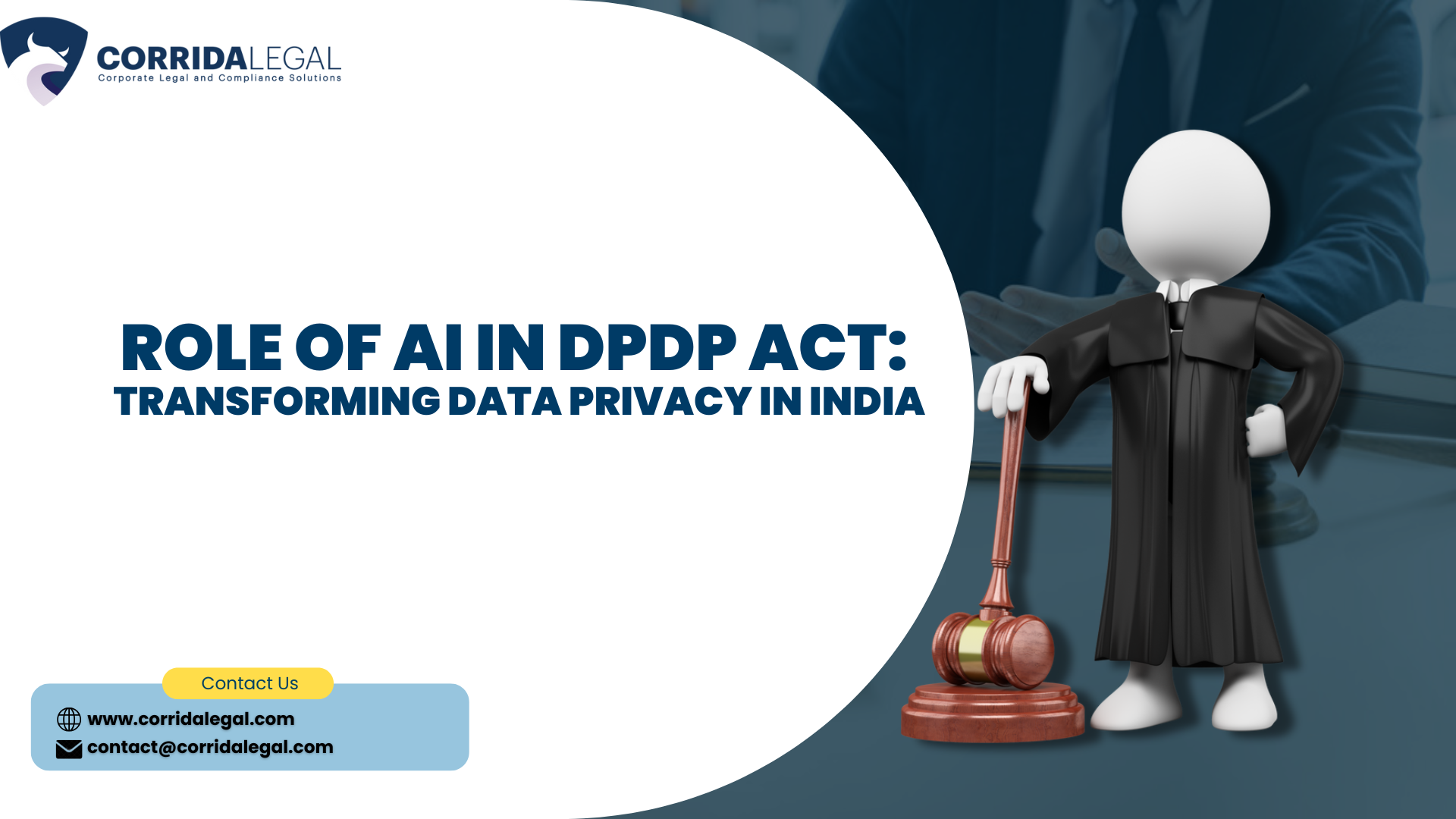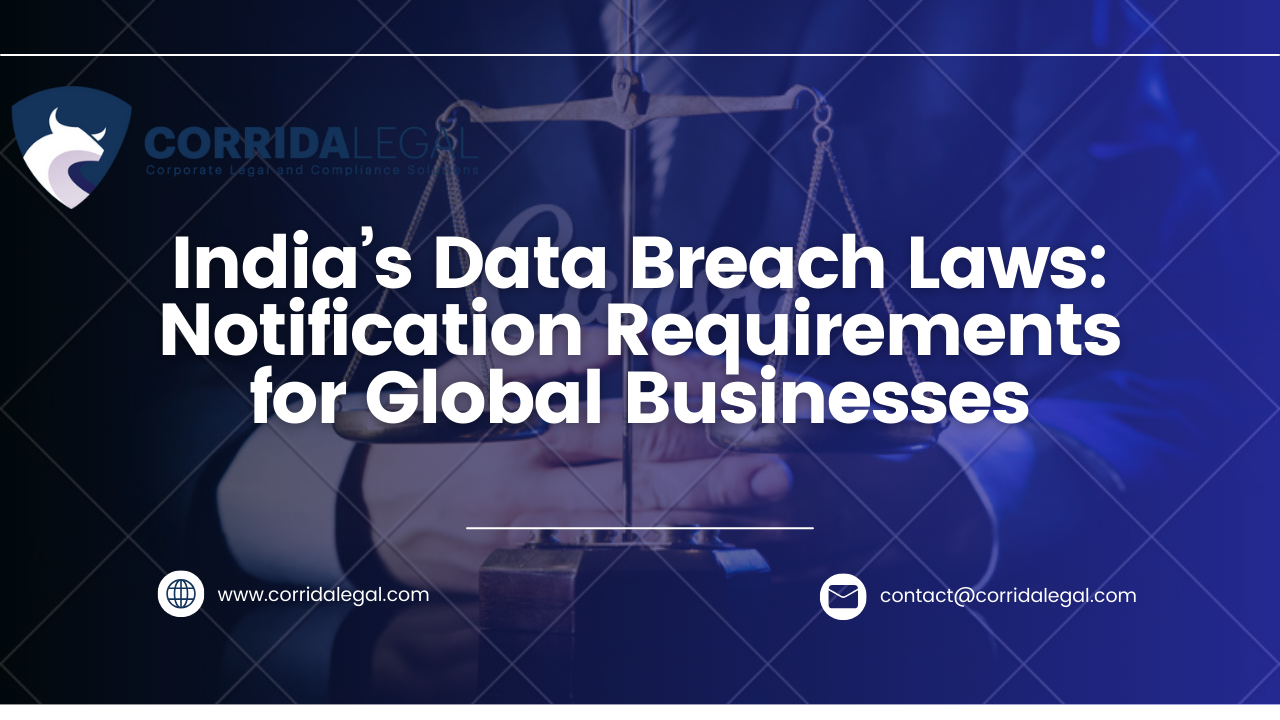Introduction Vendor agreements are particularly instrumental in keeping businesses running smoothly and..
Disagreements between co-workers are a normal feature of professional life, especially in..
Introduction – Legal Documentation for Mergers and Acquisitions Mergers and Acquisitions (M&A)..
If you’re starting a business with other shareholders a strong shareholder agreement..
Introduction to POSH Policy and Compliance Workplace harassment is an issue organizations..
Introduction to E-Commerce and Data Privacy E-commerce and data privacy have never been..
Introduction – Indian Courts in International Commercial Arbitration Parties are increasingly turning..
Introduction – AI in DPDP Act AI is transforming every industry it..
Introduction – Legal Aspects of Green Bonds Green bonds are transforming sustainable..
Introduction – GDPR on Indian Corporates The enforcement of the European Union’s..
Introduction – Fintech in Corporate Finance The Fintech revolution has swept across..
Introduction There is a rapid increase in data breaches worldwide and India is..
Categories
- Bare Acts
- Commercial and Operational Contracts
- Corporate Law Advisory & Contract Drafting
- Corporate Laws Advisory, Compliances & Taxation
- Dispute Resolution
- DPDPA Readiness & Data Protection
- Employee Contracts and HR Policies
- Employment & Labour Laws
- ESOPs, Benefits and CSR
- Fintech & E-Commerce Laws
- Fundraising Advisory & Documentation
- India Entry and Foreign Investments
- Intellectual Property Protection
- Investigations and Trainings
- Labour Codes Compliance and HR Audits
- Labour Laws Licensing & Compliance
- Mergers and acquisitions (M&A)
- Prevention of Sexual Harassment (POSH): Trainings, Policy Drafting & Investigations
- Prevention Of Sexual Harassment: Trainings, Policy Drafting & Investigations
- Startup – Setup, Documentation & Advisory
- STARTUPS: SETUP & INVESTOR READINESS
- Uncategorized
- Workforce Restructuring & Layoffs
Resources
Virtual legal conference
Book Legal Consultation
Direct access to Corrida Legal lawyers providing actionable solutions tailored to your business requirements whilst maintaining complete confidentiality.
Trusted by Fortune 500s, Global MNCs & High-Growth Startups (500+ Consultations Conducted)
Live Virtual Consultation with Prior Document Review
Direct access to Corrida Legal’s Managing Partner, Pushkar Thakur via Senior Consultation
Confidential Legal Advice with Complete Data Protection













